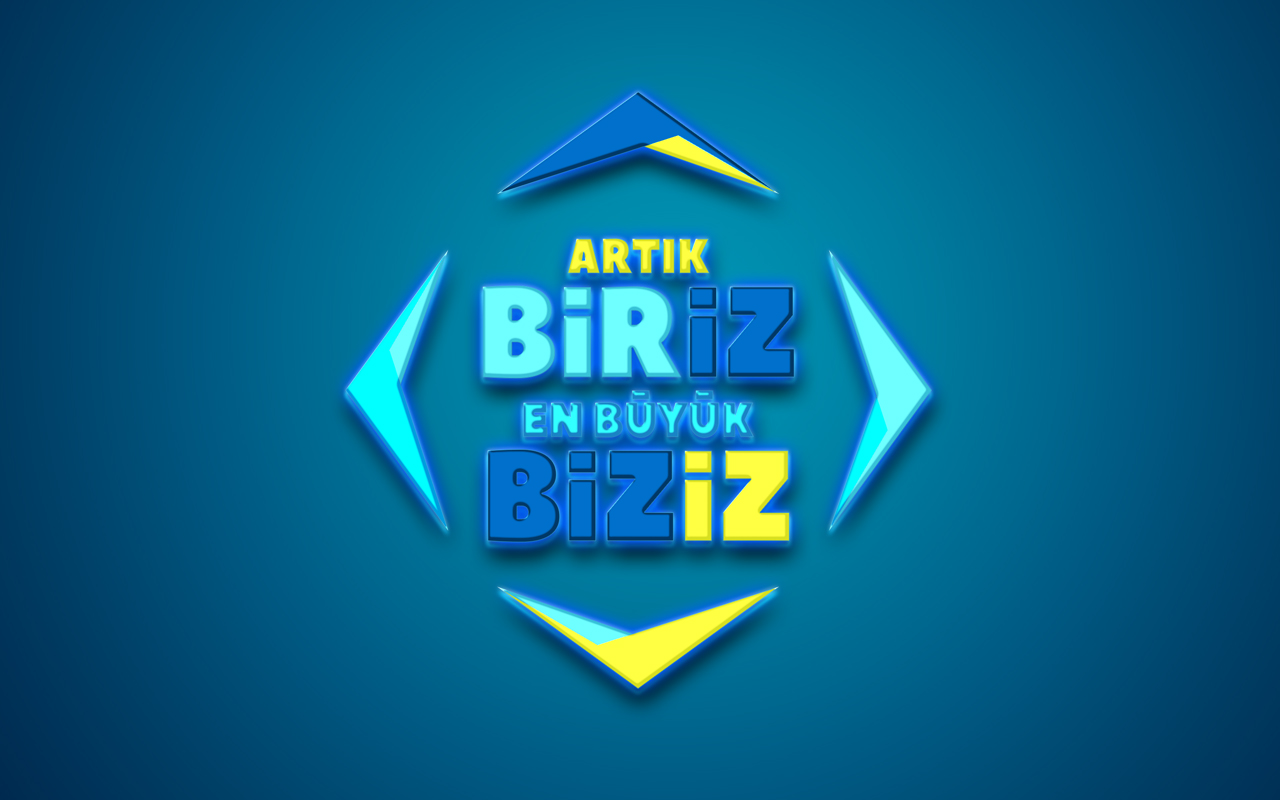Overwatch Character Guide: Pharah, Symmetra, Mei
페이지 정보
작성자 GS 작성일25-11-18 01:11 (수정:25-11-18 01:11)관련링크
본문
The support class is also carefully designed for players of all skill levels. While it doesn’t ring true in every situation, there are a few support characters that focus more on aiding the team rather than outright combat, allowing for less skilled players to contribute to the overall success of the team, while more skilled players can pick from certain support characters that demand more strategic use, like Zenyatta.
Yesterday evening (December 1st, at the time of writing this) was the night of the annual Game Awards show, a lavish live-streamed spectacle where the best and brightest of the video games industry gathered in Los Angeles - in order to receive awards voted on by industry peers and journalists, celebrating the year in gaming. It was a good night for big-name hits like Uncharted 4: A Thief's End , the reboot of DOOM and Blizzard's mega-selling team shooter **Overwatch ** , as well as respected independent titles like That Dragon Cancer - and it was a chance for those in attendance to show off all-new trailers for upcoming tit
What goes into making maps that feel appropriate for all of these heroes at the same time. In terms of creating maps and creating heroes, what is the chicken and what is the egg? Which comes first, and how do you design Overwatch's maps to maintain the balance that's so critical to every moment of its gameplay?
The game also does its best to highlight the contributions of all players, regardless of playstyle. In-game kills, captures, ‘blocks’ and defends are handed out quite liberally, and your contribution to taking out an enemy (for example) is rewarded with points and an on-screen message, regardless of whether you landed 1 point of damage or 100. A single ‘play of the game’ is shown off at the end of a game, and these highlights often include players in support roles, who didn’t contribute offensively. An MVP system between matches also allows players to cast their vote for an MVP, rewarding a player based on conditions such as kills, captures and damage dealt, along with more defensive plays like ‘most healing’ or time spent freezing enemies. It’s an excellent addition that de-emphasizes the importance of pure offensive play, and it helps (in addition to the other aforementioned design choices) to cultivate a sense of team play, rather than a lone wolf approach to victory.
That parenthetical is important--it’s perfectly understandable to feel uncomfortable with a game asking up to $60 up front, and then asking for more in the form of smaller fees. However, Overwatch isn’t a disaster like Dead Space 3 , which integrated its microtransactions into the heart of the gameplay. Instead, it limits its extras to packs of "loot boxes," which contain rewards like skins, victory poses, and spray tags that are all earnable in-game simply by playing. It doesn’t create separate player bases, it doesn’t result in a "pay to play" or "pay to win" situation, and it doesn’t detract from the fun of the game. Everyone is still on the same level, and they’re going to stay that way, becaus
Leading up to the game’s release, both Blizzard and critics drew attention to the game’s diverse cast of characters and it’s easily one of the game’s most defining traits. As a minority myself (and one who is on the heavier side), it’s rare that I find a character in any form of media that I can relate to, from movies and TV to games as well. To be honest, even the ones that are included often encroach on traditional stereotypes; the doctor, the convenience store owner, or the timid Indian fellow complete with accent.
Obviously there are a million different team compositions and ways to play Overwatch, but what are the core trends you're seeing with the best players. In other words, if someone is looking to get really good at Overwatch, what do they generally have to do?
Aside from Tracer, Reaper seems to be a favorite for more casual players (AKA you'll sometimes see full teams comprised of the two). Despite his relatively low barrier of entry, this hero ability swap-hunting mercenary also boasts a pretty high skill ceiling. Reaper's Hellfire Shotguns are absolutely devastating from short range, though they dramatically lose effectiveness as encounter distance increases. For this reason, you're going to always want to try and attack him from mid-to-long range. What's more, Reaper generates a collectible health orb whenever he kills a foe, meaning that he can go on some absolutely devastating runs if opposing players get too close.
We'd be lying to you if we said that we weren't absolutely stoked for Overwatch, the upcoming hero-shooter from Blizzard. The combination of tight shooting, frenetic team-based combat and some downright awesome design decisions have made Overwatch potentially the most promising multiplayer shooter of the decade thus far. With Early Access to Overwatch's Open Beta beginning at 4PM PST tonight (the flood gates officially open to the public on May 5), we caught up with Assistant Game Director Aaron Keller to learn the answers to all of our pressing questions.
댓글목록
등록된 댓글이 없습니다.

